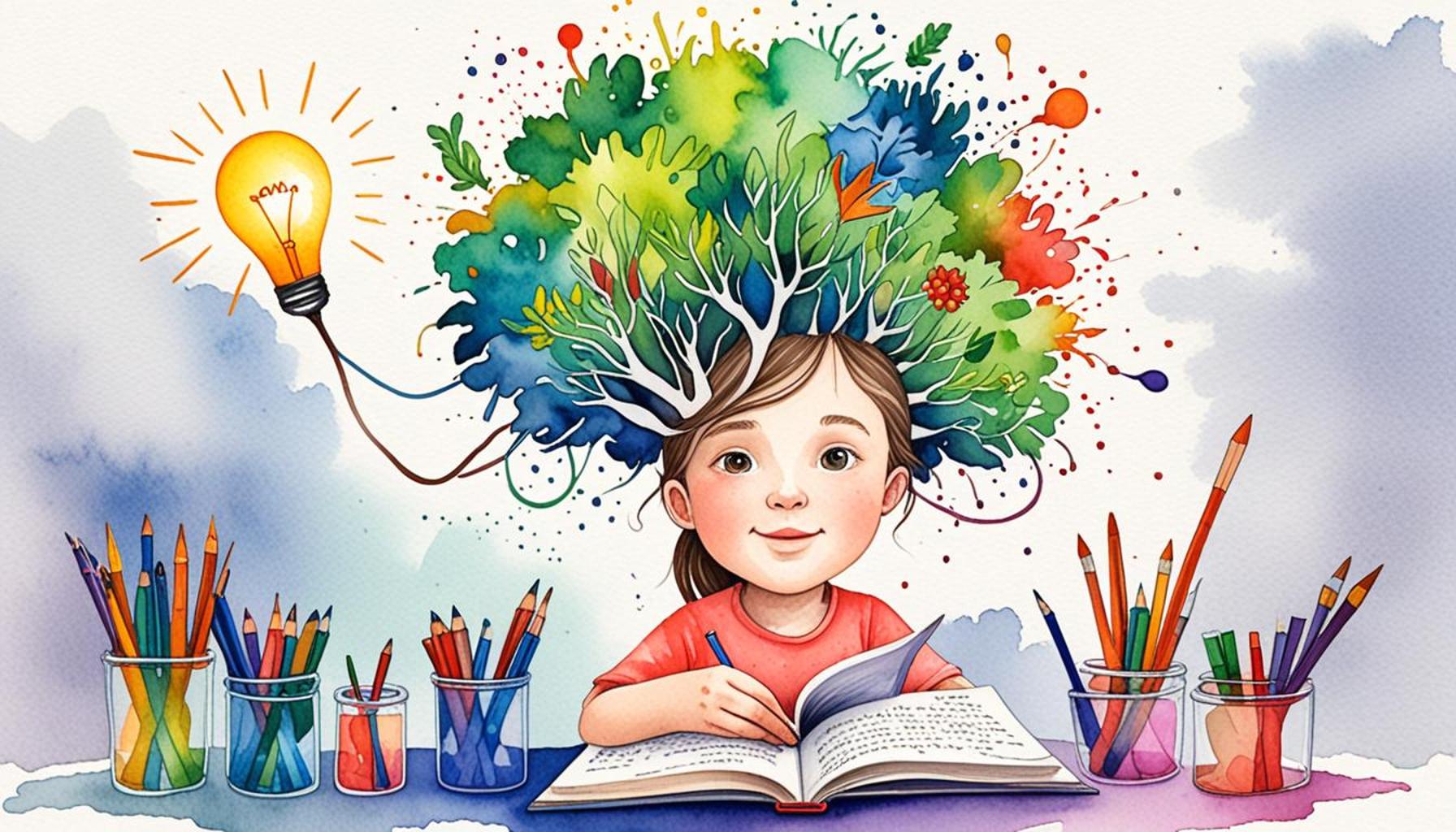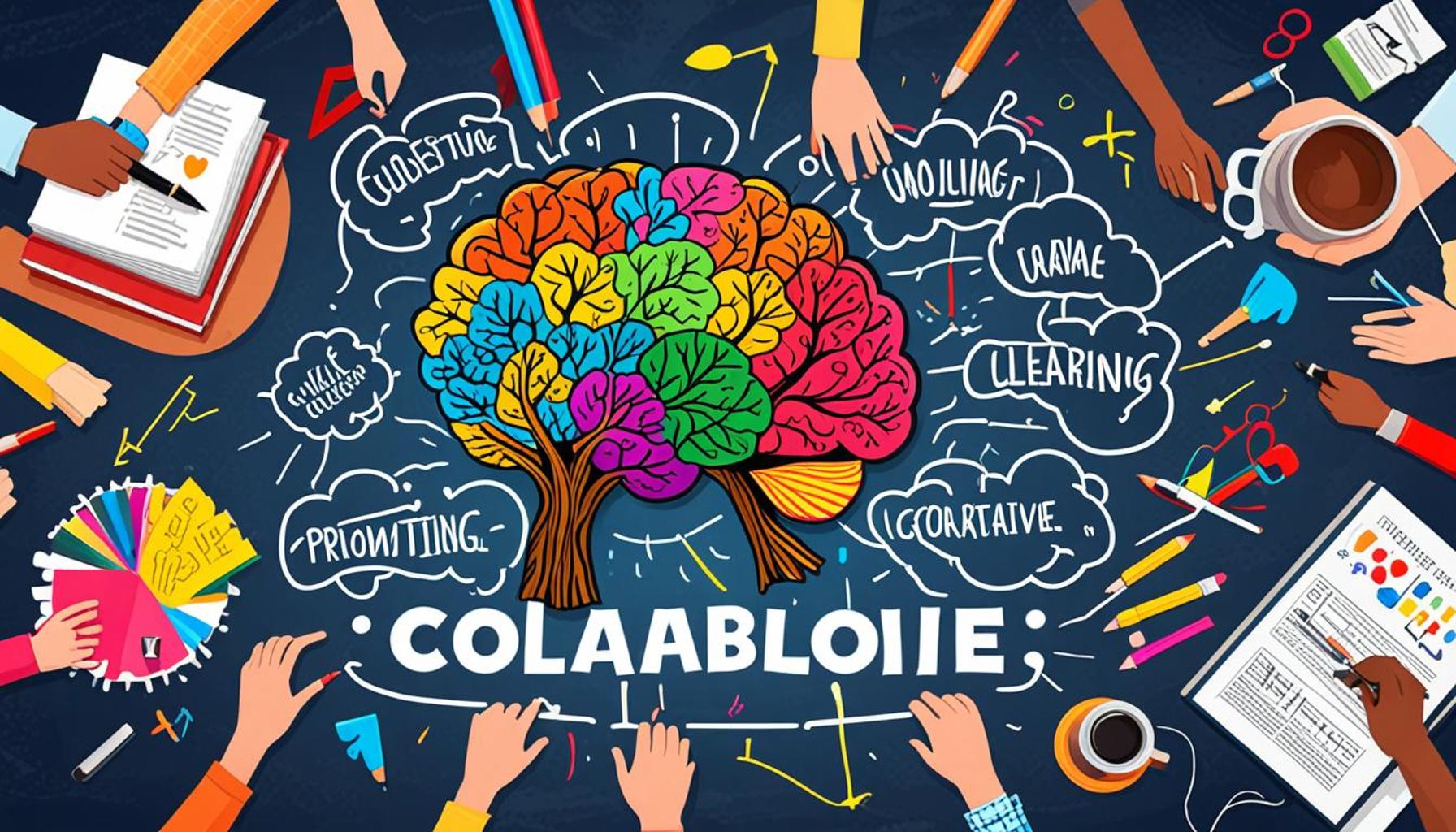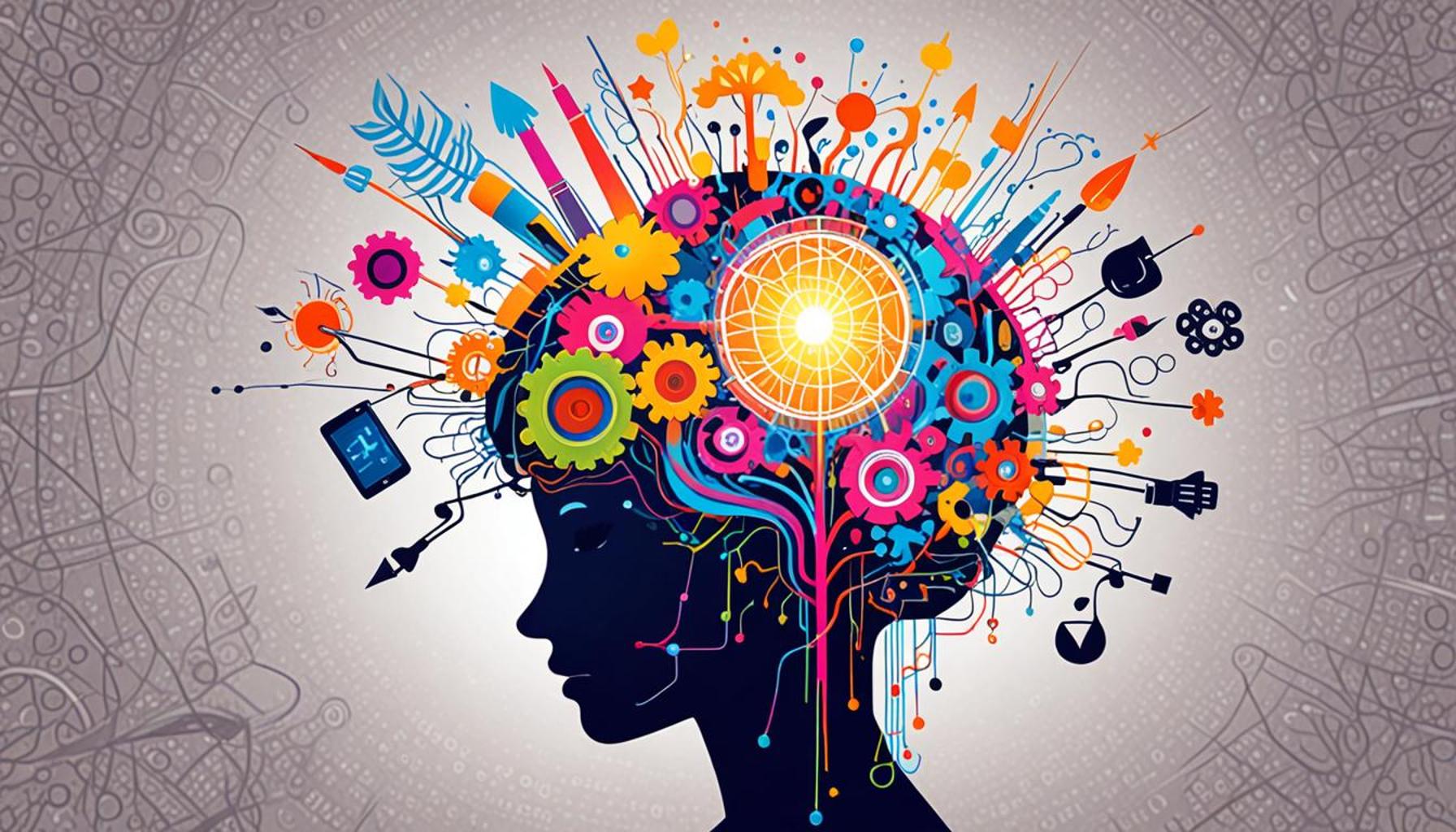Strategies for Learning Based on Simulation Games to Stimulate a Growth Mindset
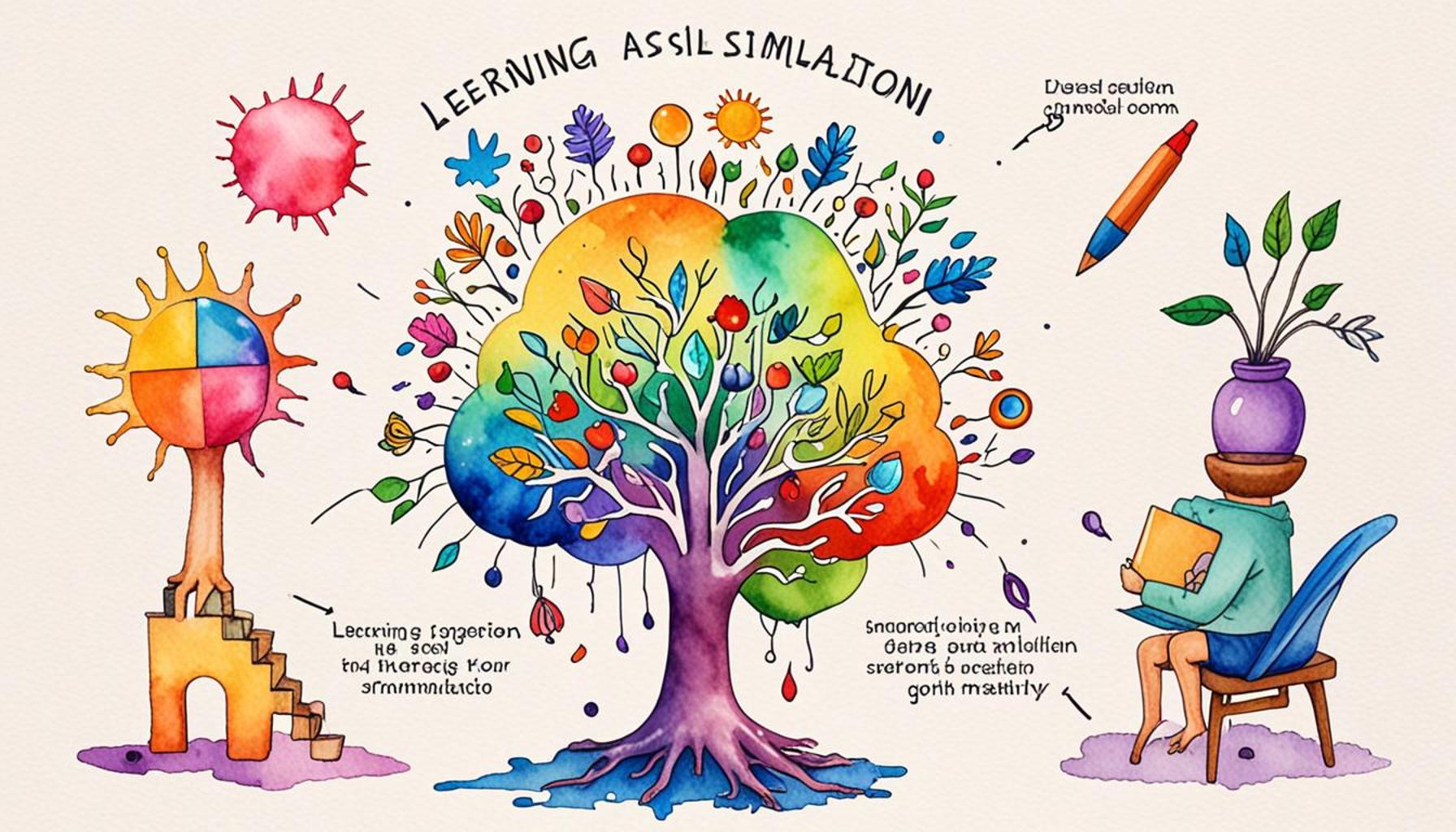
The Impact of Simulation Games on Learning
Simulation games have emerged as powerful educational tools, transforming the landscape of traditional learning by infusing it with interactivity and engagement. Unlike conventional learning methods that often rely on rote memorization, these immersive experiences allow individuals to explore complex scenarios and develop essential skills such as critical thinking, adaptability, and problem-solving. In the face of a rapidly evolving world, these skills become increasingly vital, underscoring the importance of integrating simulation games into educational frameworks.
As educational strategies advance, leveraging the benefits of these games can ignite an expansion of one’s growth mindset—the understanding that talents and abilities can be cultivated through effort and perseverance. One of the notable advantages of simulation games is their capacity to bring learning to life through various unique features:
- Real-World Scenarios: Simulation games immerse learners in environments that closely resemble real-life challenges, such as managing a business, navigating political landscapes, or addressing environmental issues. For example, games like “SimCity” allow students to manage urban development, teaching them about resource allocation, urban planning, and sustainability.
- Immediate Feedback: These games provide instant results, enabling players to assess their decisions and strategies right away. This real-time feedback encourages learners to experiment and learn from their mistakes, fostering a resilient attitude towards challenges. In educational contexts, students can engage in scenarios where their choices determine the outcome, promoting a deeper understanding of cause and effect.
- Collaborative Learning: Many simulation games are designed to be played in groups, promoting teamwork and effective communication. In Nigeria, where collaboration is often key to community success, games that require collective problem-solving can help develop social skills. Games like “Minecraft: Education Edition” not only teach coding concepts but also encourage players to work together to construct projects reflecting their shared vision.
The cornerstone of a growth mindset—the belief that one can develop abilities through dedication and hard work—is deeply intertwined with the values promoted by game-based learning. Particularly in Nigeria, where access to educational resources can significantly differ between urban and rural areas, simulation games serve as an engaging and affordable avenue for stimulating educational practices. They bridge the educational divide by offering accessible learning experiences that captivate and inspire students regardless of their background.
In this article, we will delve into various strategies for learning that harness the power of simulation games. By examining how these approaches foster resilience and a passion for continuous learning, we aim to empower individuals to embrace challenges and find success in overcoming setbacks. Ready to unlock the full potential of your educational experience? Join us as we explore the captivating intersection of play and learning.
YOU MAY ALSO LIKE: Read read another article
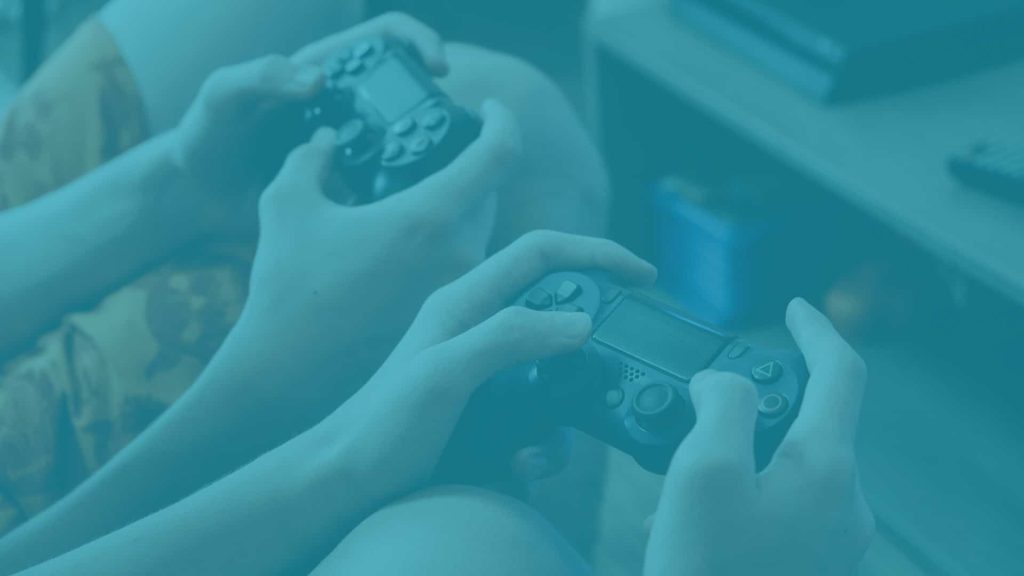
Harnessing the Power of Simulation Games for Effective Learning
The integration of simulation games into educational practices is revolutionizing how we approach learning, particularly in environments characterized by limited resources and diverse learning styles. These games not only captivate learners but also provide a unique platform for fostering a growth mindset—an essential trait for personal and professional development. By implementing targeted strategies, educators can maximize the benefits of simulation games and nurture resilience and creativity among learners.
To fully leverage the potential of simulation games, consider the following strategies that cater to diverse learning objectives and outcomes:
- Incorporate Reflective Practices: After participating in a simulation game, encourage learners to engage in reflective discussions or journaling. This practice helps them analyze their decisions, understand the consequences of their actions, and recognize areas for improvement. Facilitators in Nigeria can encourage students to express how the simulation relates to their real-world experiences, enriching their learning journey.
- Set Clear Learning Objectives: Establishing specific goals before embarking on a simulation ensures that learners understand the purpose of the game. For example, if using a business simulation to teach budgeting, administrators can emphasize the importance of resource management and strategic planning, guiding students to focus on relevant skills.
- Encourage Iterative Learning: Permit learners to replay simulations multiple times, allowing them to refine their strategies and approaches. Each iteration should highlight the importance of learning from mistakes, underscoring the notion that failure is a stepping stone to success. For Nigerian learners, this iterative process can be crucial in understanding that persistence often leads to mastery.
- Facilitate Peer Discussions: Create opportunities for learners to discuss their experiences and insights with one another. Peer feedback can help solidify understanding and inspire innovative thinking. Establishing collaborations within classrooms or across schools can broaden perspectives and simulate a true community environment—essential for personal growth.
- Integrate Technology Enhanced Learning Tools: Utilize platforms like “Google Classroom” or “Moodle” to support simulation games that are accessible across devices. Such tools enable educators to monitor progress, offer insights, and maintain engagement beyond the simulation itself—a much-needed approach in Nigeria’s diverse educational landscape.
By strategically implementing these approaches, educators can create a robust framework for utilizing simulation games that not only entertains but also educates. The advantages of cultivating a growth mindset resonate deeply among students, particularly in contexts where navigating uncertainty and overcoming challenges are daily realities. When learners embrace the idea that their abilities are not fixed but can be developed through hard work, the implications for personal and societal advancement become profound.
Through dedicated engagement with these strategies, we can empower the next generation, equipping them with the tools necessary not only for academic success but for lifelong learning in an ever-changing world. Stay tuned as we further explore the dynamics of simulation games and the ways they stimulate a growth mindset in learners.
| Advantage | Description |
|---|---|
| Enhanced Problem-Solving Skills | Simulation games require players to navigate complex scenarios, fostering critical thinking and adaptive learning strategies. |
| Promotes Resilience | The iterative nature of these games teaches learners to embrace failure as a path to success, which is essential for a growth mindset. |
Simulation games are not just entertaining; they serve as a powerful pedagogical tool aimed at developing essential skills necessary for personal and professional growth. These games provide a dynamic environment where learners can immerse themselves in real-world challenges, thereby honing their ability to think critically. The cyclical process of experimenting and learning from outcomes strengthens their capacity for informed decision-making. Moreover, engaging in simulation games instills a sense of resilience in learners. By exposing them to failures in a safe setting, these games encourage participants to develop a mindset that values persistence. This is particularly significant in today’s fast-paced world, where adaptability and innovation are paramount. As learners gain more experience navigating challenges within these simulations, they increasingly cultivate a robust growth mindset, equipping themselves with tools for lifelong learning and success. Thus, the integration of simulation games in educational strategies is a compelling approach to not only enrich learners’ experiences but to significantly enhance their cognitive and emotional toolkits.
LEARN MORE: This related article may interest you
Building Resilience Through Immersive Learning Experiences
As the educational landscape continues to evolve, the use of simulation games as an engaging pedagogical tool has gained traction. They offer learners a chance to immerse themselves in realistic scenarios, encouraging critical thinking and adaptive strategies. In this context, it is essential to implement strategies that not only promote effective learning but also enhance resilience and foster a growth mindset. Here are some additional strategies that can significantly impact learners, particularly within Nigeria’s vibrant educational environment.
- Promote Goal-Setting and Self-Monitoring: Encouraging students to set individual goals before engaging in simulation games can deepen personal investment in the learning experience. For instance, a group of students in a Lagos school could aim to improve their teamwork during a simulation focused on collaborative problem-solving. By monitoring their progress and adjusting their goals over time, learners can develop a sense of agency, reinforcing the idea that effort leads to improvement.
- Utilize Feedback Loops: Constructive feedback is vital for growth. In simulation games, immediate feedback can be integrated through in-game metrics or post-game debriefing sessions. Educators can create a culture where feedback is viewed not as criticism but as a pathway to development. By framing their input positively, Nigerian facilitators can cultivate an environment where students feel empowered to learn from suggestions, thus bolstering a resilient mindset.
- Encourage Collaboration and Social Learning: Simulation games naturally lend themselves to collaborative play, but fostering an environment of mutual support can enhance the learning experience. Group discussions or collaborative projects following a game can help students share strategies and insights, further reinforcing a community of learning. This social interaction mirrors real-world scenarios prevalent in Nigeria’s communal culture, making it relatable and effective.
- Integrate Interdisciplinary Approaches: Connecting simulation games to various subjects can elevate their educational value. For example, a simulation that incorporates elements of economics, history, and environmental science offers a holistic perspective on real-world challenges. Such cross-disciplinary connections can help learners understand the relevance of their studies, promoting deeper engagement and stimulating curiosity—all hallmarks of a growth mindset.
- Celebrate Progress and Achievement: Recognition of both small and large milestones can boost motivation among learners. Celebrations can take various forms, from showcasing top performers in a school’s monthly assembly to sharing success stories on social media. Highlighting achievements reinforces the idea that effort leads to success and that every step toward improvement is worthy of acknowledgement, fostering a positive learning atmosphere.
These strategies not only serve to enhance the learning experience through simulation games but also support the broader goal of developing a growth mindset among students. In a context like Nigeria, where challenges can seem daunting, fostering resilience through engaging educational practices can empower learners to navigate uncertainties and emerge stronger. With a focus on adaptability, collaboration, and continuous learning, students can learn to embrace challenges as opportunities for growth, setting the stage for personal and professional success in the future.
SEE ALSO: Click here to read another article
Conclusion: Embracing the Future of Learning Through Simulation Games
In the dynamic educational landscape of Nigeria, the integration of simulation games presents a powerful avenue to promote a growth mindset among learners. By embedding strategies that emphasize goal-setting, feedback, collaboration, interdisciplinary approaches, and recognition of achievements, educators can cultivate resilient and adaptable students. These immersive experiences not only enhance engagement but also provide a safe space for learners to navigate challenges and develop critical thinking skills necessary for success in today’s world.
As we embrace the potential of simulation games, it is vital to acknowledge the cultural context of education in Nigeria. By leveraging local themes and scenarios within these games, educators can create relatable experiences that resonate with students, further igniting their curiosity and motivation. Moreover, the collaborative nature of these games aligns perfectly with Nigeria’s rich tradition of communal learning, reinforcing the social fabric that is essential to personal development and educational success.
As the journey towards nurturing a growth mindset unfolds, it is critical for all stakeholders—including educators, parents, and policymakers—to invest in innovative teaching methodologies. This investment not only prepares students for their personal and professional futures but also contributes to the overall development of a resilient society ready to tackle the complexities of the modern world. A commitment to implementing and refining these strategies can truly transform learning experiences, equipping Nigeria’s youth with the tools to not only face challenges but to thrive in the face of adversity.

